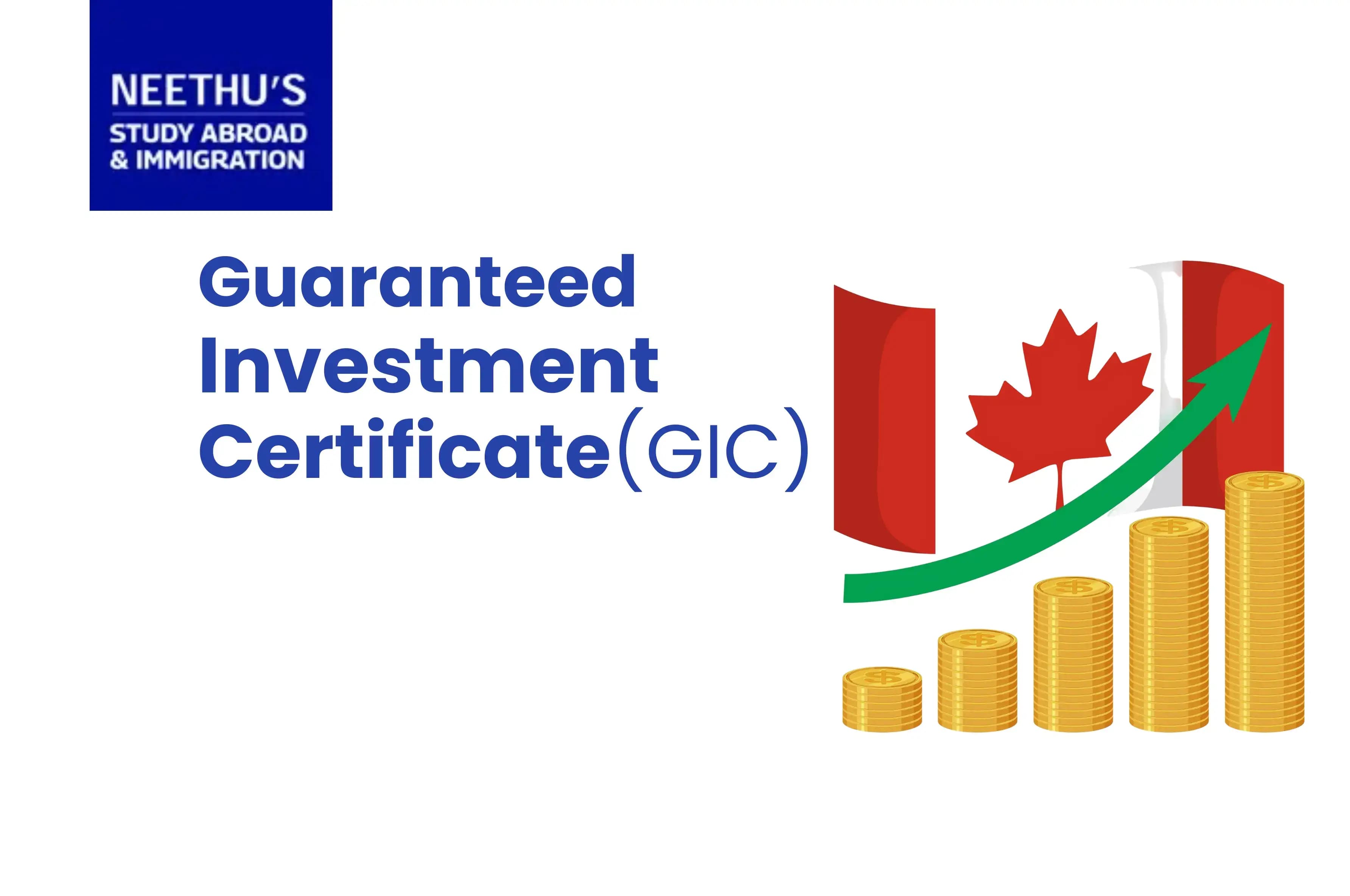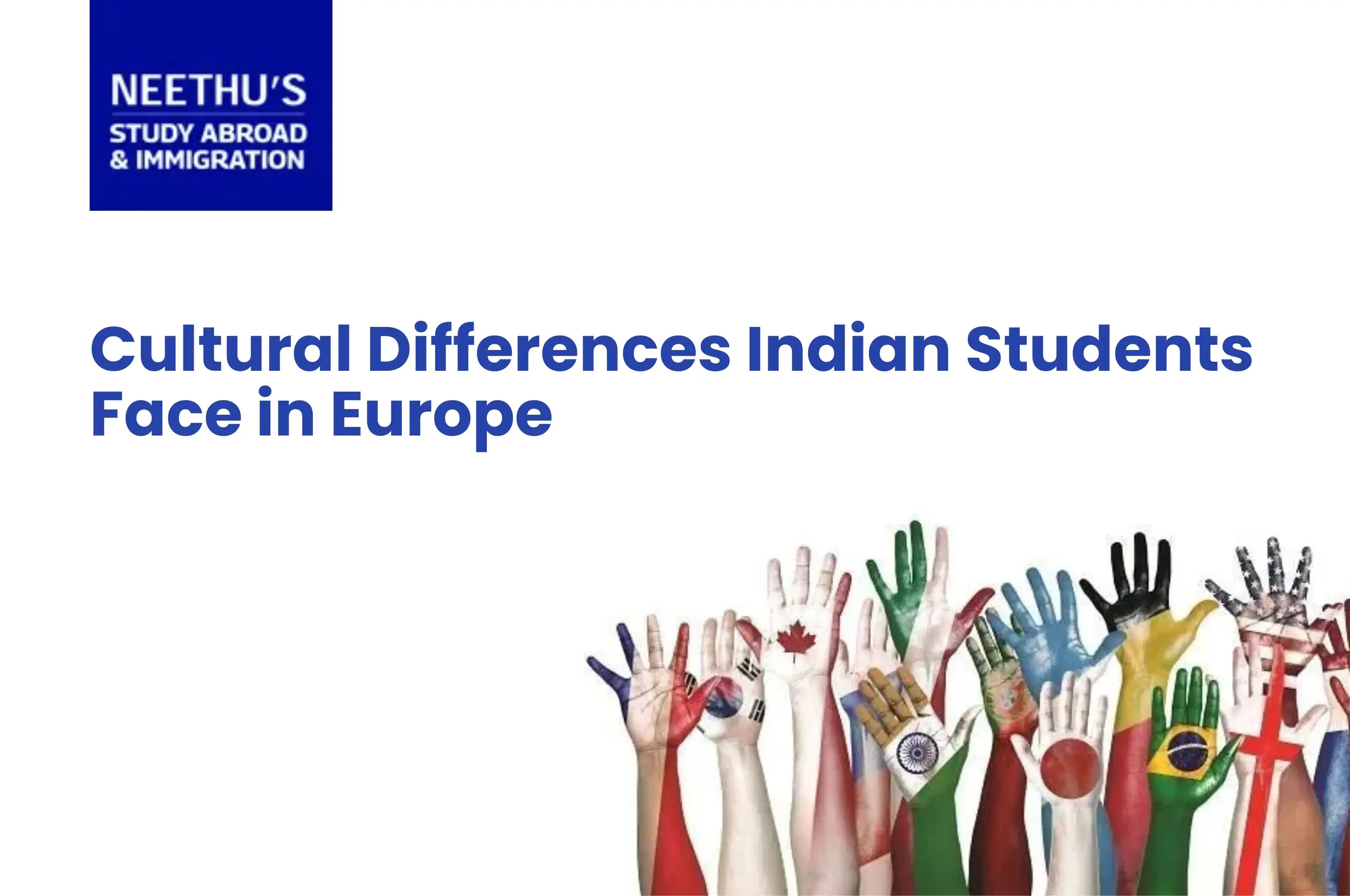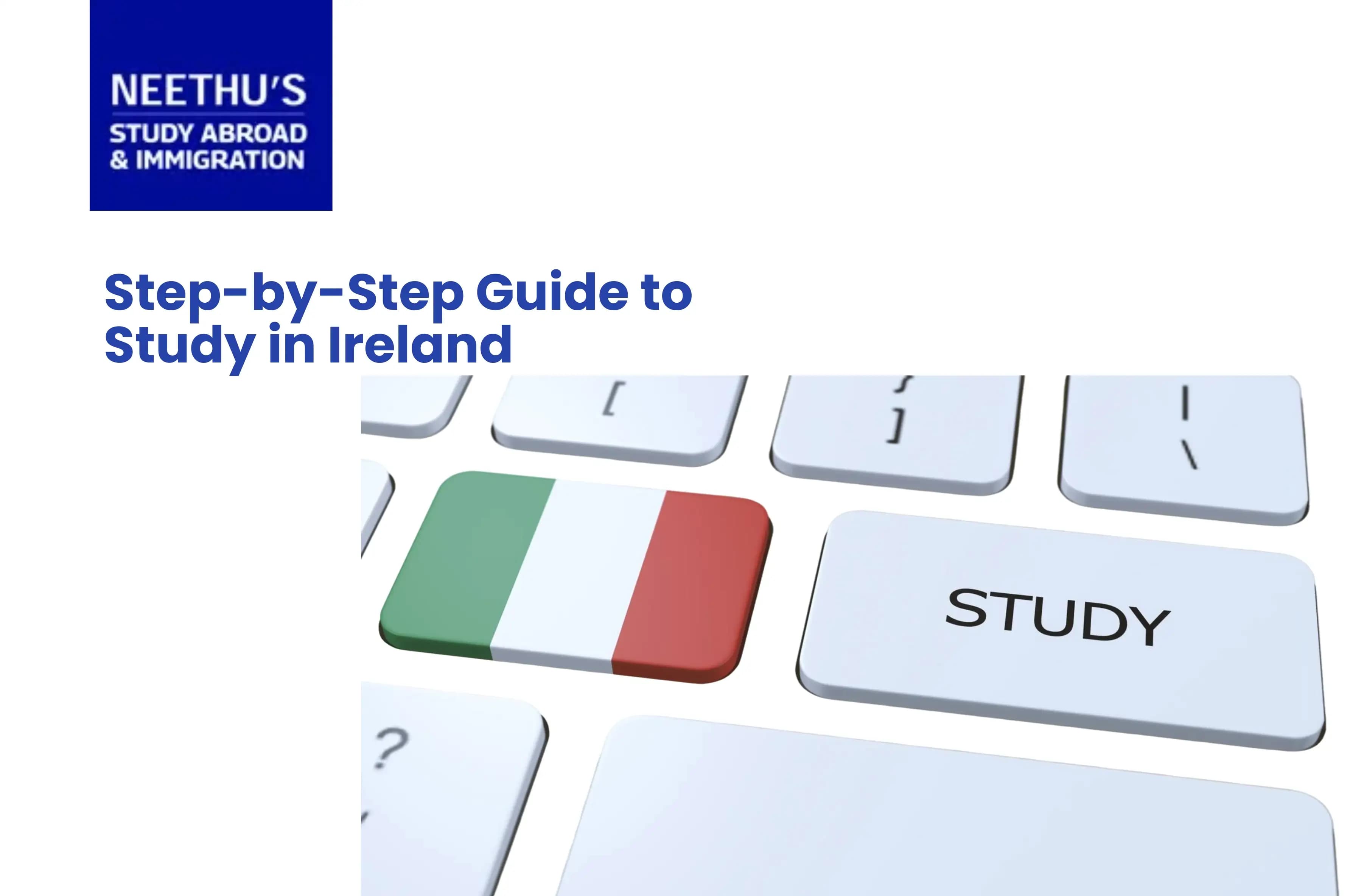Step-by-Step Guide to Study in Europe: Everything You Need to Know

Studying in Europe is a dream for most foreign students, providing top-class education, rich cultures, and great career prospects. With many top-notch universities, reasonable tuition fees, and scholarships to pursue, Europe is among the best places for higher studies.
This blog will walk you through everything you want to know about studying in Europe, from choosing the perfect country and university to applying for a student visa and adjusting.
Benefits of Studying in Europe
Europe has among the world's highest-ranked universities that provide internationally accredited degrees. Following are a few major benefits of studying in Europe:
-
World-Class Education – European universities rank among the world's best institutions every year, giving students an excellent education and research experience.
-
Low Tuition Charges – Courses are relatively cheap in most European countries, and even some of them have free international student tuition.
-
Massive English-Taught Programs – Most universities in Europe provide courses in English, thus providing ease for foreign students to learn in Europe.
-
Cultural Diversity – Europe is culturally diverse and there is a chance for the students to expose themselves to different languages, lifestyles, and cultures.
-
Work and Study Opportunities – International students are permitted to work part-time in most European countries while studying, which assists in financing living costs.
-
Post-Study Work Opportunities – Some European nations provide post-study work visas, enabling graduates to attain working experience and career opportunities.
Step 1: Research and Choose Your Destination
The first and foremost thing to do while planning your study abroad is to choose the right country and university. Some points to consider include:
-
Best Places to Study in Europe in English: Nations like Germany, the Netherlands, Sweden, and Ireland have numerous English-taught programs.
-
Highest-Ranked Universities – The University of Oxford (UK), ETH Zurich (Switzerland), and Sorbonne University (France) are some of the top universities in Europe.
-
Low-Cost Study Abroad Countries – Countries like Germany, Norway, and Poland offer low or even free tuition to international students.
-
Career Opportunities – Opportunities for careers and employment after graduation are also brighter in certain countries. Research the career environment before making a decision.
Step 2: Learn About the Application Process
After choosing your destination, it is important to find out about the university application process. The key steps are:
-
Check Admission Requirements – Admissions in Europe vary, including academic qualifications and English language tests such as IELTS or TOEFL.
-
Prepare Your Documents – These will normally include academic transcripts, a statement of purpose, letters of recommendation, and a resume.
-
Application Deadlines – European universities do have strict deadlines, so look ahead and submit on time.
-
Centralized Application Systems – Some countries, such as Sweden and the Netherlands, allow students to apply to a number of universities through a centralized application system.
Step 3: Locate Scholarships and Means of Finance
Financing your studies is an important factor for studying in Europe. There are several sources of funding for European studies:
-
University Scholarships – There are numerous scholarships offered by universities based on merit, financial needs, or research skills.
-
Government Scholarships – There are governments in Europe that offer scholarships to international students. DAAD scholarships in Germany and SI Scholarships in Sweden are good examples.
-
Erasmus+ Program – A European Union program that assists students to study in various European nations.
-
Part-Time Work – Student part-time work is actively supported in most nations in Europe for the covering of living expenses.
-
Studying Abroad on Scholarship – Begin the hunt early on, apply to more than one scholarship, and assemble a great package comprising your marks sheet and goal statement.
Step 4: Student Visa Application
Upon getting an admission letter, the student then applies for a student visa. Procedures differ by country, but overall requirements are:
-
Proof of Admission – A confirmation letter of admission from the university to which you have been accepted.
-
Financial Proof – You might be required to provide proof of enough funds to pay for tuition and living costs.
-
Health Insurance – A few European nations expect international students to possess proper health insurance before arrival.
-
Accommodation Information – Certain visa applications will request evidence of accommodation arrangements.
-
Visa Application and Interview – Send the application to the corresponding embassy or consulate and go for an interview if necessary.
Step 5: Plan Your Finances
Careful management of your finances will make your study-abroad stay more convenient. Here are a few suggestions:
-
Create a Budget – Put down all your anticipated expenses, such as tuition, rent, food, and transport.
-
Open a Local Bank Account – This will make you handle your money better and not have to pay foreign transaction fees.
-
Seek Student Discounts – Public transport, food, and entertainment in most European nations are offered at a discount for students.
-
Find Work Opportunities – Most countries permit part-time work while studying, which helps to cover costs.
Step 6: Prepare for Departure
Before you depart to your study destination, ensure that you have everything to facilitate the transition:
-
Arrange Accommodation – Reserve a student dormitory, shared flat, or homestay well in advance.
-
Book Your Flight – Book your journey well in advance to get affordable flight deals.
-
Stay Connected – Get a local SIM card or an international roaming plan to stay connected with family and friends.
-
Learn About the Culture – Get familiar with local traditions, customs, and basic greetings in the local language if necessary.
Step 7: Settle into your new Environment
Getting accustomed to a new country can be difficult, but the right attitude can help you settle in no time. Here's how:
-
Discover Your Environment – Get to know your university campus, nearby shops, public transport, and medical facilities.
-
Make New Friends – Get involved in student groups, go to university events, and meet other international students.
-
Balance Studies and Social Life – Proper time management between studies and social life will ensure your success.
-
Seek Support – Universities have support services including career guidance, academic assistance, and student welfare offices.
Best Abroad Study Consultancy in Kerala
If you need professional guidance to pursue studies in Europe, then Neethu's Academy is one of the best study-abroad consultancies in Kerala. Neethu's Academy offers:
Individual Counseling – Personal advice in choosing the top universities and courses as per your career goals.
Application Assistance – Full guidance in submitting applications, creating SOPs, and addressing the requirements of universities.
Scholarship Counseling – Counselling in seeking and applying for top scholarships for studying in Europe.
Student Visa Assistance – Seamless assistance in applying for a student visa to pursue studies in Europe.
Financial Planning Counseling – Advice on handling tuition costs, scholarships, and living costs in Europe.
Pre-Departure Counseling – Facilitating students in getting accustomed to life in Europe, covering residence, culture, and travel advice.
With years of proven history of success, Neethu's Academy offers a smooth transition to students looking to pursue studies in Europe.
Conclusion
Education in Europe is a life-altering experience that provides world-class education, cultural diversity, and great career opportunities. Whether you are searching for the best European universities, scholarships to study in Europe, or cheap study destinations in Europe, proper planning will ensure your journey is smooth and successful.
From choosing the right university to a student visa and settling in, each step counts towards your study-abroad adventure. If you are ready to take this ride, begin to research today and take the initial step towards a brighter European tomorrow.
Frequently Asked Questions
How to study in Europe as an Indian?
Indian students can study in Europe by choosing a university, fulfilling admission criteria, applying for a student visa, and preparing finances through scholarships or self-financing.
How much money do you need to study in Europe?
The price is different for every country, but tuition fees typically range from €3,000 to €20,000 per year, with living costs between €6,000 and €15,000 per year.
How to apply to study in Europe?
Research universities, verify the eligibility criteria, gather required documents, apply online via university websites, and obtain a student visa upon receipt of an offer letter.
What is the best course to study in Europe?
The top courses to study in Europe are engineering, business management, computer science, medicine, and arts, which are offered by top-ranked universities that provide world-renowned degrees.






















_03-12-2025_01-17-26%20PM.webp&w=3840&q=75)
_02-12-2025_03-07-49%20PM.webp&w=3840&q=75)

_27-11-2025_04-06-24%20PM.webp&w=3840&q=75)
_25-11-2025_04-38-18%20PM.webp&w=3840&q=75)
_24-11-2025_03-20-26%20PM.webp&w=3840&q=75)
_22-11-2025_12-44-47%20PM.webp&w=3840&q=75)
_21-11-2025_04-17-47%20PM.webp&w=3840&q=75)
_20-11-2025_03-55-26%20PM.webp&w=3840&q=75)
_18-11-2025_04-00-40%20PM.webp&w=3840&q=75)
_15-11-2025_10-48-43%20AM.webp&w=3840&q=75)
%20(1)_14-11-2025_03-52-25%20PM.webp&w=3840&q=75)
_13-11-2025_03-02-38%20PM.webp&w=3840&q=75)
_08-11-2025_04-15-36%20PM.webp&w=3840&q=75)
_05-11-2025_04-01-50%20PM.webp&w=3840&q=75)
_05-11-2025_03-46-26%20PM.webp&w=3840&q=75)
_03-11-2025_03-31-09%20PM.webp&w=3840&q=75)
_04-11-2025_.webp&w=3840&q=75)
_04-11-2025_.webp&w=3840&q=75)
_28-10-2025_04-09-08%20PM.webp&w=3840&q=75)
_24-10-2025_05-10-31%20PM.webp&w=3840&q=75)
_24-10-2025_04-55-51%20PM.webp&w=3840&q=75)
_22-10-2025_04-40-20%20PM.webp&w=3840&q=75)
%20(1)_21-10-2025_03-05-46%20PM.webp&w=3840&q=75)
_21-10-2025_02-43-15%20PM.webp&w=3840&q=75)
_17-10-2025_05-08-52%20PM.webp&w=3840&q=75)
_17-10-2025_04-54-54%20PM.webp&w=3840&q=75)
_15-10-2025_03-46-47%20PM.webp&w=3840&q=75)
_14-10-2025_03-42-40%20PM.webp&w=3840&q=75)
_14-10-2025_03-29-48%20PM.webp&w=3840&q=75)
_13-10-2025_03-48-51%20PM.webp&w=3840&q=75)
_11-10-2025_04-28-42%20PM.webp&w=3840&q=75)
%20(1)_09-10-2025_04-12-08%20PM.webp&w=3840&q=75)

_07-10-2025_02-55-25%20PM.webp&w=3840&q=75)
_07-10-2025_02-39-51%20PM.webp&w=3840&q=75)
_06-10-2025_03-42-37%20PM.webp&w=3840&q=75)
_03-10-2025_04-42-59%20PM.webp&w=3840&q=75)
_01-10-2025_11-12-12%20AM.webp&w=3840&q=75)
%20(1)_29-09-2025_02-54-12%20PM.webp&w=3840&q=75)

_26-09-2025_12-14-18%20PM.webp&w=3840&q=75)
_24-09-2025_04-44-26%20PM.webp&w=3840&q=75)
_23-09-2025_04-14-36%20PM.webp&w=3840&q=75)
_22-09-2025_04-08-09%20PM.webp&w=3840&q=75)
_20-09-2025_03-26-03%20PM.webp&w=3840&q=75)
_17-09-2025_04-06-42%20PM.webp&w=3840&q=75)
_15-09-2025_04-43-43%20PM.webp&w=3840&q=75)
_13-09-2025_12-17-49%20PM.webp&w=3840&q=75)
_12-09-2025_04-31-36%20PM.webp&w=3840&q=75)
_12-09-2025_04-17-03%20PM.webp&w=3840&q=75)
_10-09-2025_03-59-59%20PM.webp&w=3840&q=75)
_09-09-2025_04-11-16%20PM.webp&w=3840&q=75)
_09-09-2025_03-53-52%20PM.webp&w=3840&q=75)



















































_12-06-2025_03-40-35%20PM.webp&w=3840&q=75)

